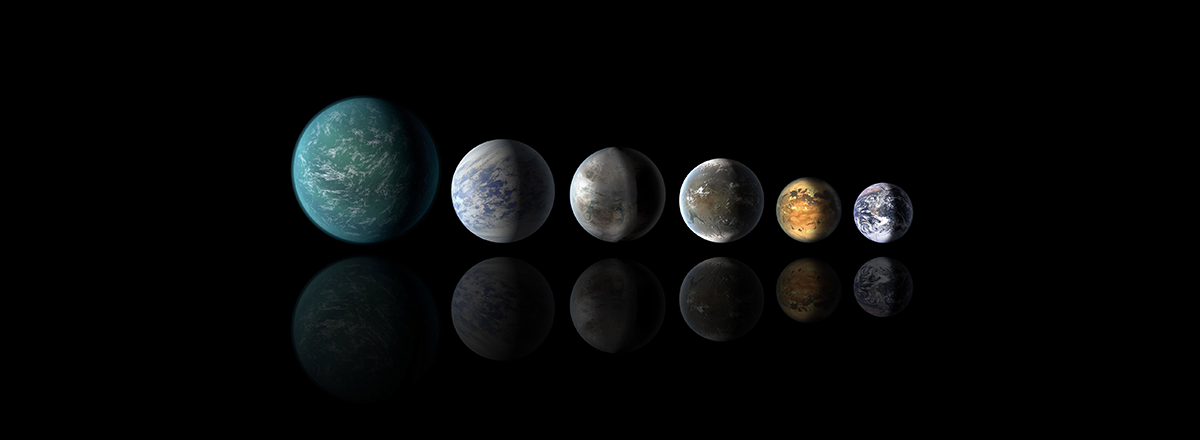Could Alien Life Exist Without a Planet? Scientists Explore New Possibilities
Challenging the traditional view that life must thrive on planets, researchers now theorize that simple life forms could exist in free-floating colonies in space, drawing from Earth-based examples like the resilient tardigrade.

In a new study, scientists suggest that alien life might not need a planet to survive. Challenging the traditional view that life must thrive on planets, researchers now theorize that simple life forms could exist in free-floating colonies in space, drawing from Earth-based examples like the resilient tardigrade, which has survived in the vacuum of space.
Such a colony would face several challenges. First, it would need a protective shell to maintain pressure and warmth, like the structures seen in certain ocean creatures or ants that regulate body temperature. This membrane would act as a greenhouse, capturing solar energy and allowing life-sustaining liquid water to persist within.
Furthermore, the colony would need to recycle resources like oxygen and carbon, perhaps beginning on an asteroid and later developing a closed-loop system to sustain life over time. Positioned within the habitable zone of a star, this hypothetical colony could harness sunlight for energy, reducing reliance on planetary resources.
While still hypothetical, this model could inspire future space habitats, allowing self-sustaining bioengineered ecosystems that reduce dependence on Earth supplies — a promising step for humanity’s exploration of space and our search for extraterrestrial life.

